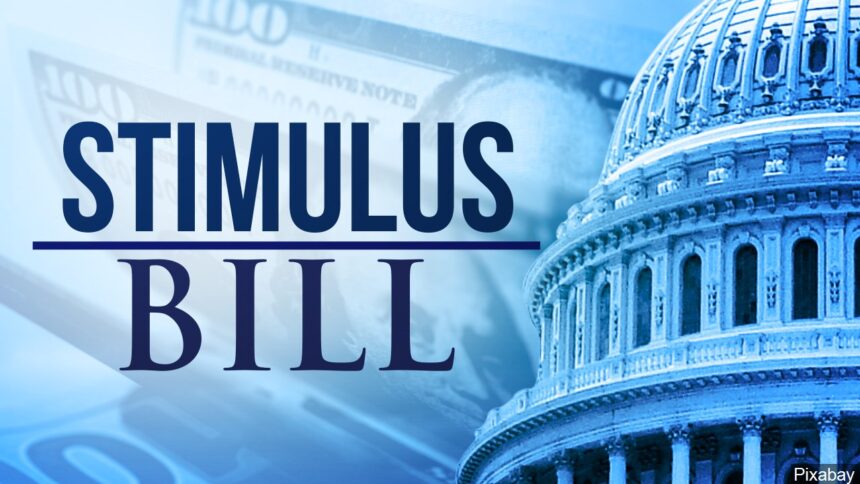Lawmakers face shutdown deadline amid ongoing stimulus talks

(KYMA, KECY, CNN) -- As congressional leaders scramble to finalize a $900 billion Covid relief deal, it's growing increasingly unlikely that Congress will be able to get the long-awaited plan through both chambers by Friday night when a government shutdown looms.
With fewer than two days left on the clock, lawmakers are now discussing the possibility of extending the shutdown deadline, again, to allow more time for negotiations to lock down a deal and push it through the House and Senate. The two issues are tied together since leaders want to tie the relief deal to a $1.4 trillion funding bill to keep the government open through next September.
So unless things change quickly, final consideration of the massive measure could slip to the weekend or early next week.
House Majority Leader Steny Hoyer said on Wednesday he thinks a stopgap funding bill to avert a shutdown known as a continuing resolution, or CR, might be necessary to buy time to finalize a deal.
"The answer to that is clearly yes ... I don't want to shut down the government," he said. "If somebody asked me, would you support a CR, well, what I won't support is shutting down the government."
The consensus on Capitol Hill is that there will be a relief deal after months of bickering and stalemate. But Congress is now stuck in a waiting game as the top four congressional leaders and the White House try to iron out the fine print and haggle over the final details.
Details of what's likely to be in the plan began to emerge on Wednesday, though nothing is final until legislative text is released.
The price tag could be close to $900 billion and it's expected to include money for vaccine distribution and for schools, jobless benefits of $300 per week, roughly $330 billion for small business loans, and a new round of stimulus checks, which could be set at around $600 per individual under a certain income threshold.
While the proposal is also expected to include a $90 billion fund administered by FEMA to provide to states and cities, it will not include a large pot of money for state and local governments that Democrats had demanded. It also won't include protections from lawsuits for businesses and others that opened up during the pandemic, a key GOP priority.
Once a deal is unveiled, congressional leaders will have to corral the rank-and-file and move as fast as possible to bring the legislation to the floor of both chambers.
What's in part driving the urgency: The Georgia Senate runoff races in January that will determine the next majority. On a phone call with his conference on Wednesday, Senate Majority Leader Mitch McConnell noted multiple times how the issue of direct payments has become a major issue in the races.
"Kelly and David are getting hammered," McConnell said of his GOP colleagues, Sens. Kelly Loeffler and David Perdue.
